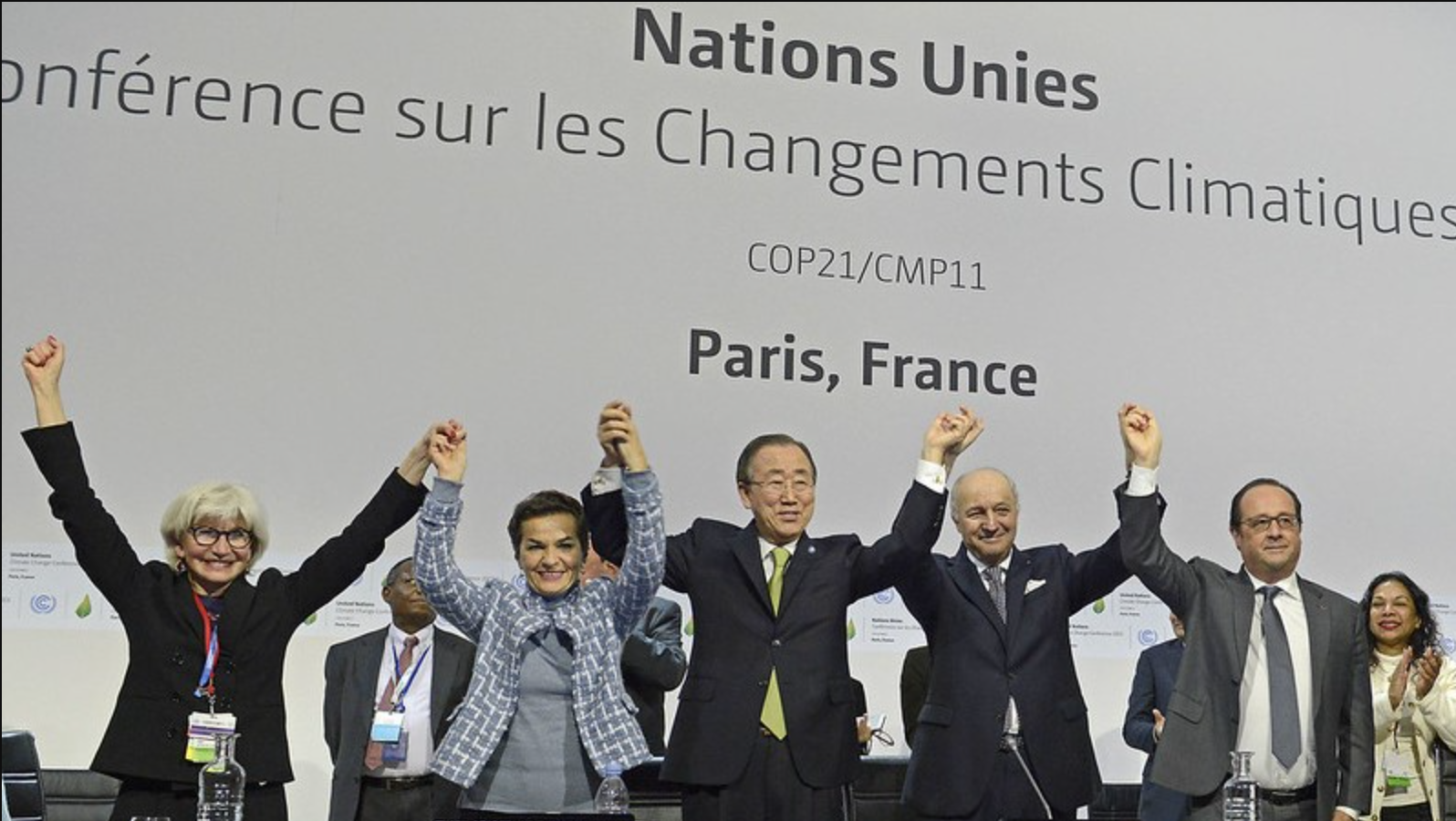COP27 101
Cameron Katz, ACE Intern
|October 31, 2022

WHAT IS COP27?
“COP” stands for Conference of Parties and refers to the annual United Nations (UN) conference on climate change. The annual conference was solidified in 1994 when hundreds of countries signed the United Nations Framework Convention on Climate Change. This year will mark the 27th conference and will be held in Sharm El-Sheikh, Egypt from November 6-18. It is the fifth time that the conference has been hosted in Africa.
The conference will host many world, organization, and business leaders, experts, scientists, researchers and even concerned members of the public. In addition to the official event schedule, many people and organizations gather outside of the conference’s premises to further push for the issues and goals they believe are relevant and necessary for the world leaders attending to enact.
A BRIEF HISTORY OF UN CLIMATE CONFERENCES
After adopting the United Nations Framework Convention on Climate Change in 1994, the first climate conference, COP1, was held in Berlin in 1995. Member countries continued negotiations until signing the landmark Kyoto Protocol in 1997. The Kyoto Protocol is a legally binding treaty that is designed to hold various countries to set emissions reduction targets. There are currently 192 countries who are members of the Kyoto Protocol and 197 countries who are member countries of the Parties to the Convention.
The well-known “Paris Climate Agreement” was adopted by member parties at COP21 in 2015. The Paris Climate Agreement was intended to re-establish and strengthen a commitment to combat climate change with the principle goal of maintaining the rise of global temperature below 2ºC.
WHO IS GOING?
There are three categories of people who can attend the official events of COP27: representatives of Parties to the Convention (member countries) and Observer States, representatives of organizations, and the press.
There are over 200 countries who are currently Parties to the Convention who will be in attendance along with thousands of representatives from the press and non-governmental organizations. Members of the public may be able to attend either through an observer organization, volunteering, or by hosting a side event and/or performance. The time has now closed to apply for official consideration to host a side event, however, these side events are often free-of-charge and open to the public.
Prior to the meeting, attending countries were asked to submit ambitious plans of action to address climate change. Only 25 have done so as of this writing. Still, attendees will discuss several important topics. The primary areas of focus include:
- Reducing emissions
- Helping countries prepare for climate change
- Securing technical and financial support for developing countries
Many developing countries are looking to larger, developed countries like the United States and China to step up and further their commitments to reducing the impacts of climate change.
WHO IS NOT GOING (OR NOT BEING HEARD)?
Many people criticize the UN’s climate conferences for historically and systematically excluding countries, communities and demographics which will face the most devastating consequences of the climate emergency from the most crucial decisions around combatting the crisis.
The exclusion is happening right in Egypt, as crackdowns on political dissent and strict restrictions surrounding the conference limit the number of civilians able to attend. Additionally, Sharm el-Sheikh, which is located at the southern tip of the Sinai peninsula, is only accessible by air or by highly secure roads. Expensive accommodations have also made it challenging for attendees from low-income countries to attend.
Meanwhile, some key leaders have opted not to attend. British Prime Minister Rishi Sunak is not expected to attend. During COP26, British officials led the negotiations for the Glasgow Climate Pact, an ambitious deal that aims to curb the worst effects of climate change. Sunak’s opposition has called his decision a “big mistake.”
Another point of controversy is one of the conference’s sponsors, Coca-Cola, the world’s worst plastic polluter. Several climate activists have criticized the decision. Emma Priestland, a campaigns coordinator with the alliance Break Free From Plastic, told The Guardian, “Coca-Cola sponsoring the COP27 is pure ‘greenwash’…It’s astounding that a company so tied to the fossil fuel industry is allowed to sponsor such a vital climate meeting.”
U.S. GOALS
John Kerry, the U.S. Special Presidential Envoy for the Climate, will be leading U.S. efforts at COP27. On the morning of October 25th, 2022, he outlined his primary goals for the U.S. at the conference. Kerry’s priorities for U.S. involvement include a strong focus on mobilizing private capital in the fight against climate change, as well as reforming the World Bank. Kerry is also prioritizing action towards climate disasters, with mention of the megadrought in the Southwest and heat waves and drought in China.
Want to read more from ACE? Check out our Blog.
Join our Youth Action Network
More Blog Posts
Driving India towards self sufficiency and freedom from oil
India can shield itself from oil-price shocks and global pressure over Russian barrels by leaning harder into two strengths it …
Read More
Unnatural, Not Unprecedented
For two weeks, residents of Southern California endured a waking nightmare. Parents raced against time – hurrying down the driveway …
Read MoreCrafting a Vision for the Future: My Experience at LCOY USA 2024
Dry and sunny Tempe, Arizona where temperatures have been over 100 F for 113 consecutive days, delegates gathered to attend …
Read More